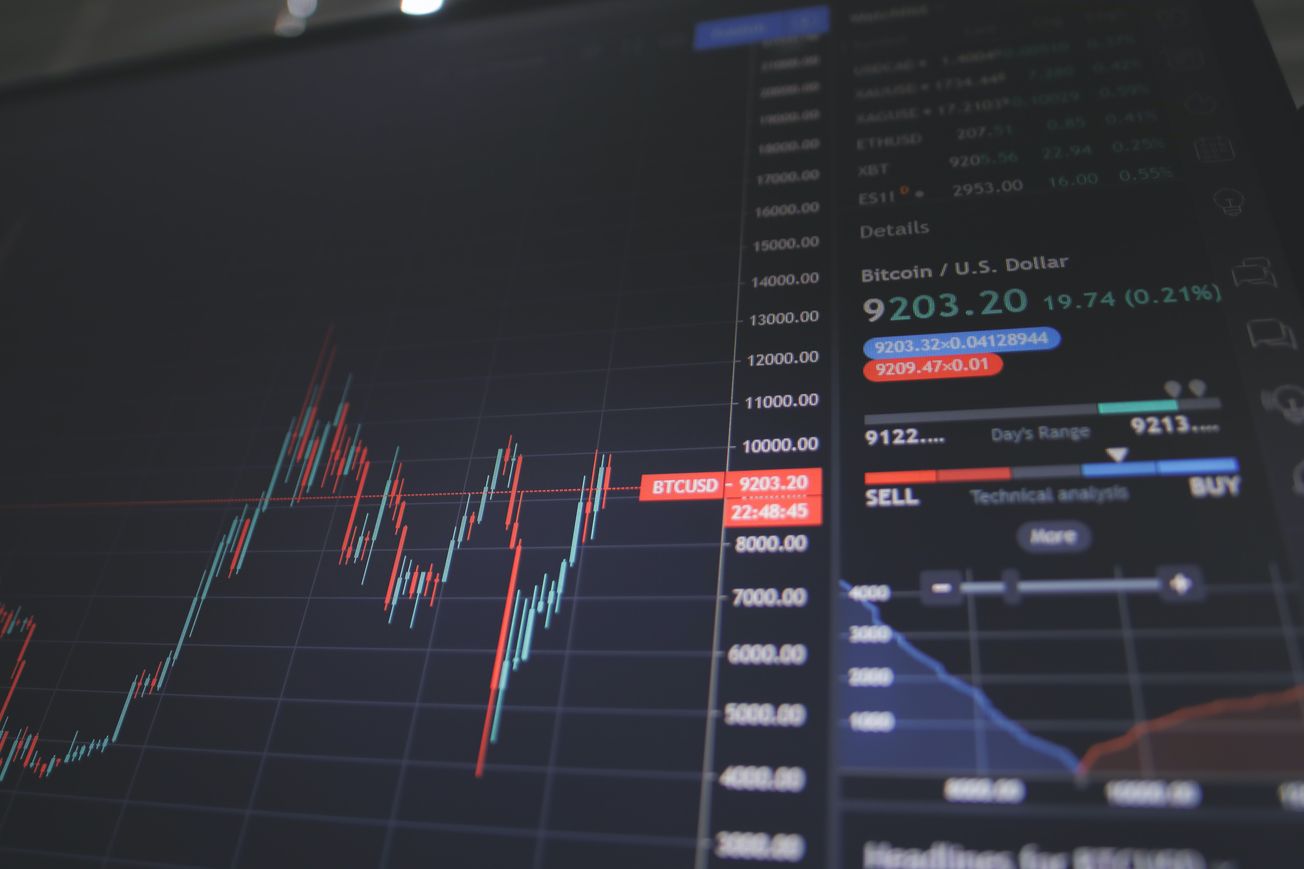By Flossie Palmer, Features and Opinion Subeditor
The power of social media was illuminated after Reddit users in the subreddit WallStreetBets encouraged a surge in GameStop stock investment earlier this year, seeing a 700 per cent spike in share prices within a matter of days. On January 29th, GameStop shares peaked at $325.00, equalling approximately £232.00 per share. As a result, Wall Street experienced its very own fall from grace as hedge-funds suffered from the gains of the ‘little guys’ – the self-made heroes allowing greater accessibility for all to the stock market.
Although GameStop shares have now decreased in price to $41.00 after being pushed into what can only be called a short squeeze, the after-effects are significantly longer lasting. Left behind in the aftermath are greater challenges to social class barriers and inclusivity to the stock market, as well as an eventful milestone achieved in the influence of social media in creating a global market sensation.

Online platforms like Reddit brought the largely unreachable world of the stock market into the hands of ordinary people (or rather, away from the dictation of suit-and-tie investors) in the best way we know how – memes. In addition, investment apps such as RobinHood and Trading212 allow for greater accessibility. Yet the reality of stock investment is effectively jaded.
The prospects of gaining large, short-term profits may seem enticing, especially to the student demographic who are renowned for financial struggle and are most engaged in social media content. So just how have students been affected by the popularisation of stock investment?
Speaking to a group of University of Bristol students, I found that stock investment seems to be a common interest and pursuit. One student admitted to gaining a £4000 profit from a £500 initial investment in crypto currencies such as Ethereum. Another gained £110 profit in an hour and a half from investing in GameStop shares just before its peak.
'It's probably why a lot of students look to stocks - the minimum wage is so little that even investing in low-risk stocks can benefit students financially other than working.'
When presented with these statistics, stock investment offers an appealing solution to funding your university studies and lifestyle; the prospect of working a minimum wage, part-time job alongside studying seems all too futile.
Lucas Hurley, one such student investor, explained that ‘It’s probably why a lot of students look to stocks – the minimum wage is so little that even investing in low-risk stocks can benefit students financially other than working.’
However, another student investor, Charlie Perkins, countered that stock investment is definitely not a replacement for a job due to the risks involved. But, when ‘you hear about the person making millions from Bitcoin but not the person losing millions because of Bitcoin’, as Charlie stated, it is easy to overshadow the dangers of stock investment with the glorification of profit-making.
It is a well-known fact that social media is a hub of glorification as well as our primary source of information. Since the rocketing in price of GameStop shares caused by WallStreetBets, the subreddit itself has risen from 400,000 subscribers to 9.2 million.
This clash between social media and the once-exclusive stock market has meant a new medium of communicating the seemingly complicated world of investment has been created, with the rise of overly-simplified investment-related memes. ‘People are actually crazy about this stuff - all because it’s a meme!’ said Reuben Pritchard, Equality and Outreach Officer of the 93% Club.
The development of stock investment apps such as Trading212 and Robinhood have also made the gaining of profit possible with the tap of a button. Reuben also acknowledged the impact that investment apps have had on allowing ordinary people to access the stock market, perhaps in the same way that social media gives everyone a voice.
‘Usually, you had to have a connection to someone in a suit and go into an office and open up an account.’ he began, ‘Now you can just download an app on your phone, as opposed to ringing someone up and investing, like what you see in The Wolf of Wall Street.’
Through the use of social media and mobile apps, the stock market has been articulated into the language of everyday people, dispelling the myth of its complexity. Although this has ebbed away at the exclusivity of investing in stocks, allowing greater accessibility to the market, the reality of investing has been transformed into a game-like experience, disguising its risky consequences.
Robbie Thornhill, the Chief Operations Officer of Ara Recovery4All, a Bristol based gambling addiction recovery service, stated that ‘Gambling can seem to be pervasive in today’s society, and young people are constantly having to navigate new opportunities for gambling (of which ‘game-ified investing) is one.’
'People look at the economy like it’s the titanic and they’re looking for a lifeboat - this could be their lifeboat.’
While the accessibility of stock investment through social media platforms and apps may seem somewhat revolutionary, the dangers of addiction and treating investment as a game lurks beneath the surface.
The reality is that the stock market, especially in light of the GameStop fiasco, has become largely dictated by social media. High profile celebrities such as Elon Musk have doubled as both social media and stock market influencers by encouraging online investors to buy shares now and ask questions later.
On January 29th, Elon Musk added ‘#bitcoin’ to his Twitter bio, causing a 20 per cent spike in Bitcoin. Even Musk’s misspelled ‘Gamestonk!!’ tweet has become an international meme, highlighting the popularisation and undermining of stock investment risks by social media. This can have misleading effects for amateur investors who tend to follow the online crowd.
Gamestonk!! https://t.co/RZtkDzAewJ
— Elon Musk (@elonmusk) January 26, 2021
In reality, investment requires both self-education and understanding of the stock market. Charlie Perkins admitted to spending two to three hours per week researching the stock market, which breaks down the glamorisation of investing; ‘The vast majority of it is reading articles and staring at graphs’ he said, ‘it’s not very entertaining.’
However, this is done to avoid potential financial catastrophe, as Lucas Hurley pointed out. ‘If you don’t know what you’re doing you can lose a lot of money very quickly, but also gain a lot of money very quickly.’ he stated, ‘You have to put in the hours if you’re going to do it - you have to 100 per cent check you know what you’re doing.’
Despite being a big time commitment, stock investment has an educational benefit to students in particular. ‘It encourages people to take control of their own money and have some kind of aspiration’, Elliot Chilton, a student investor, explained. Considering that the UK school curriculum still lacks financial education, leaving students unprepared for life beyond the classroom, the research required for investing in stocks encourages young people to educate themselves on important life skills.
Although the popularisation of stock investment has undeniable benefits – especially in encouraging social inclusivity and financial education – its dangers are still prevalent. In November 2020, Ara Recovery4All discovered that 11 per cent of all Ara clients were under the age of 24, with a large proportion of this group being in either full-time or part-time education.
Among people of all ages, gambling addiction is a serious reality, and the game-ifying of stock investment through social media and mobile apps doesn’t help to tackle its influence among young people. For students struggling financially, especially during the pandemic where UK unemployment is expected to reach 2.6 million in mid 2021, stock investment is mistaken as an easy way to make money.
Spotlight on ARA: The Bristol-based charity helping gamblers this week and beyond
Gambling Addiction
As Reuben said, ‘People look at the economy like it’s the titanic and they’re looking for a lifeboat - this could be their lifeboat.’ However, wishful investors need to be aware of the possibility of sinking – ‘You have to have no connection to the money to be able to invest,’ student investor, Sebastian Waters explained, ‘You have to be prepared to lose all of it tomorrow.’
Ara Recovery4All encourages all those struggling with gambling addiction or concern for a loved one to reach out for their support. To access ARA’s help services for free and confidential advice about yours, or someone else’s gambling, please find their contact details below:
Tel: 0330 1340 286
E-mail: aragamblingservice@recovery4all.co.uk
Website: https://www.recovery4all.co.uk/gambling-help/
Featured Image | Unsplash | Nick Chong
Have you considered investing in stocks?








